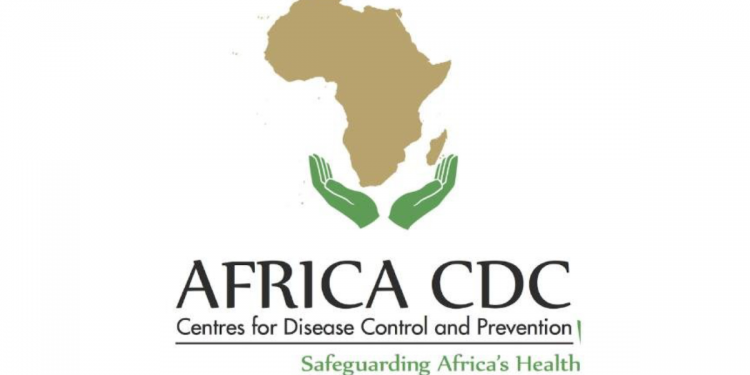The Africa Centre for Disease Control (Africa CDC) says Nigeria and other nations on the continent face syndemics, a combination of emerging infectious diseases.
The Africa Centre for Disease Control (Africa CDC) says Nigeria and other nations on the continent face syndemics, a combination of emerging infectious diseases, increasing the disease burden.
Africa CDC director John Nkengasong disclosed this in Abuja on Wednesday, on day two of the Nigerian Conference of Applied and Field Epidemiology (NiCAFE).
The conference, organized by the Nigeria Centre for Disease Control (NCDC), aims to strengthen the country’s preparedness for emergencies in infection outbreaks.
“The African continent, as a whole, faces what we call a syndemic; a combination of emerging infectious diseases. We are dealing with this pandemic, but there will be another pandemic,” said Mr Nkengasong. “Syndemics are exacerbating the disease burden across Africa. Emerging diseases, non-communicable disease, injuries, maternal and neonatal conditions; and endemic diseases, ex HIV, tuberculosis and malaria.”
Speaking on the role of regional health institutions in the prevention, detection and response to infectious diseases outbreaks, Mr Nkengasong further disclosed that if the COVID-19 pandemic had hit the continent in January 2020, there would not be a single country with the reagents to test for the virus.
“A continent of 1.3 billion cannot be that exposed. All countries in Africa now have diagnostics capacity,” he added.
He explained that from the COVID-19 pandemic lessons learnt and Africa’s response, “coordination and collaboration is key for a whole of Africa approach, with a critical role for national public health institutes (NPHIs) in pandemic preparedness and response.”
Mr Nkengasong added that the development of continent-specific guidelines and continental political leadership to guide the pandemic response were necessary.
Similarly, he pointed out that local diagnostic manufacturing of personal protective equipment (PPEs), therapeutics and medical equipment was a health security challenge, while there was an urgent need to develop Africa’s public health workforce, he explained.
The CDC director further noted Africa’s limited health facilities, budget and workers, citing the need to have a new public health order for the continent to tackle infectious diseases’ threats, based on specific guidelines.
“Public health is local. You may think globally, but implementation is local,” the director pointed out.
Mr Nkengasong stressed the importance of continent-wide coordinated efforts at the national level, recognising that global health security starts with national health security that fits into regional health security.
Also speaking, the International Epidemiological Association (IEA) president, Akindele Adebiyi, highlighted enforcement as a key consideration in curtailing infectious disease outbreaks.






